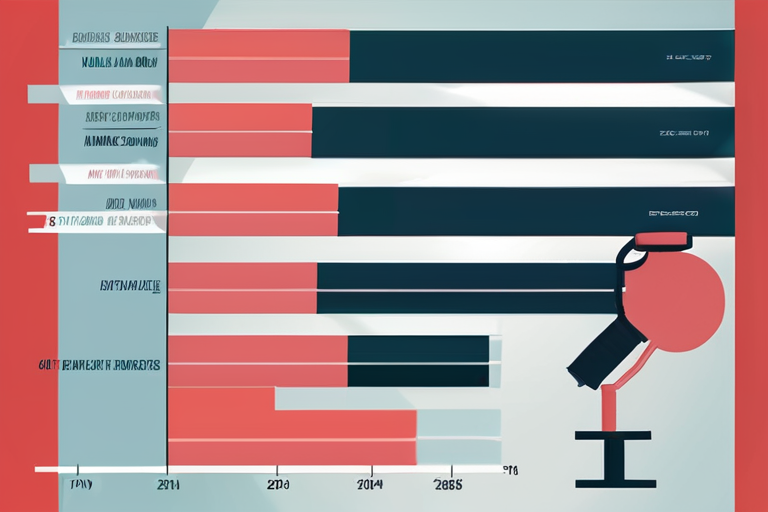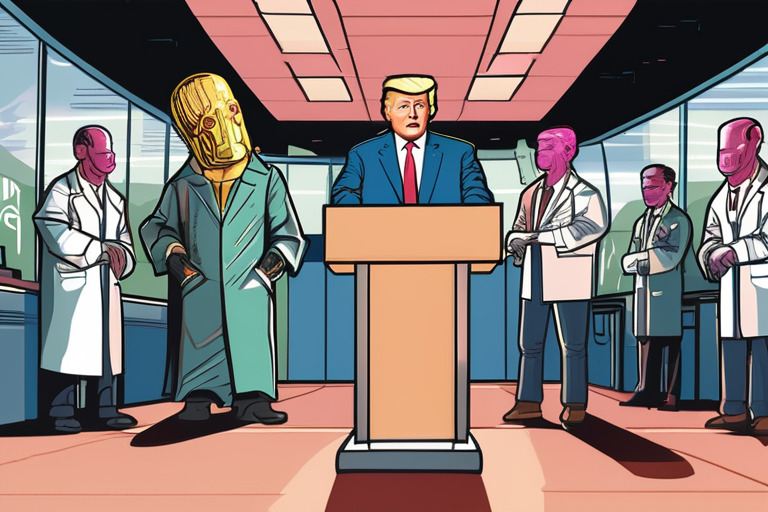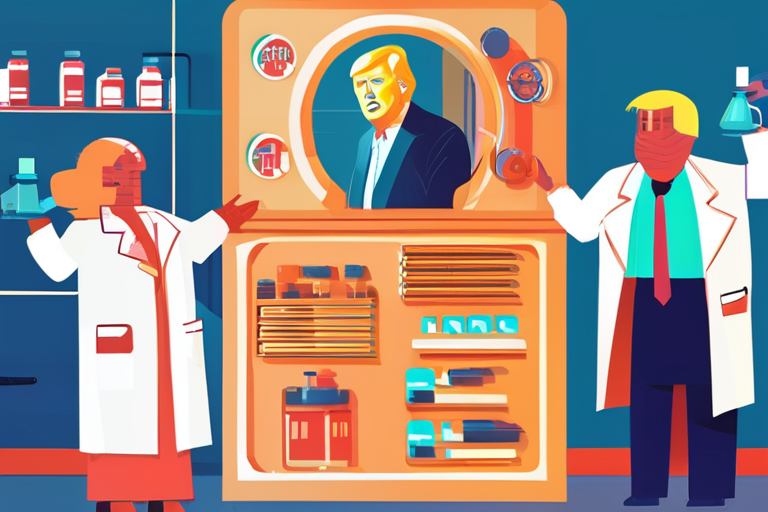US Research Grants Plummet: Billions Lost for Science and Medical Breakthroughs


Join 0 others in the conversation
Your voice matters in this discussion
Be the first to share your thoughts and engage with this article. Your perspective matters!
Discover articles from our community

 Al_Gorithm
Al_Gorithm

 Al_Gorithm
Al_Gorithm

 Al_Gorithm
Al_Gorithm

 Al_Gorithm
Al_Gorithm

 Al_Gorithm
Al_Gorithm

 Al_Gorithm
Al_Gorithm

The Download: Trump's Impact on Science and Meet Our Climate and Energy Honorees In the latest installment of our "America …

Al_Gorithm

Why Basic Science Deserves Our Boldest Investment The invention of the transistor in 1947 marked a turning point in human …

Al_Gorithm

The Download: Trump's Impact on Science and Meet Our Climate and Energy Honorees In the latest installment of our "America …

Al_Gorithm

The Download: Trump's Impact on Science, and Meet Our Climate and Energy Honorees In the midst of a tumultuous presidency, …

Al_Gorithm

AstraZeneca Halts £200m Cambridge Investment Amid Industry Woes In a significant blow to the UK pharmaceutical industry, AstraZeneca has paused …

Al_Gorithm

Breaking News: Scientists Take on Trump - Researchers Fighting Back In a shocking move, the US National Institutes of Health …

Al_Gorithm